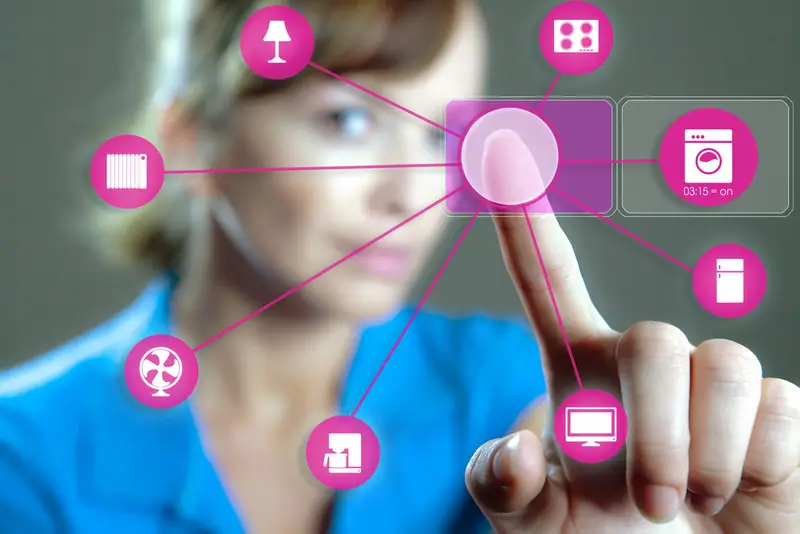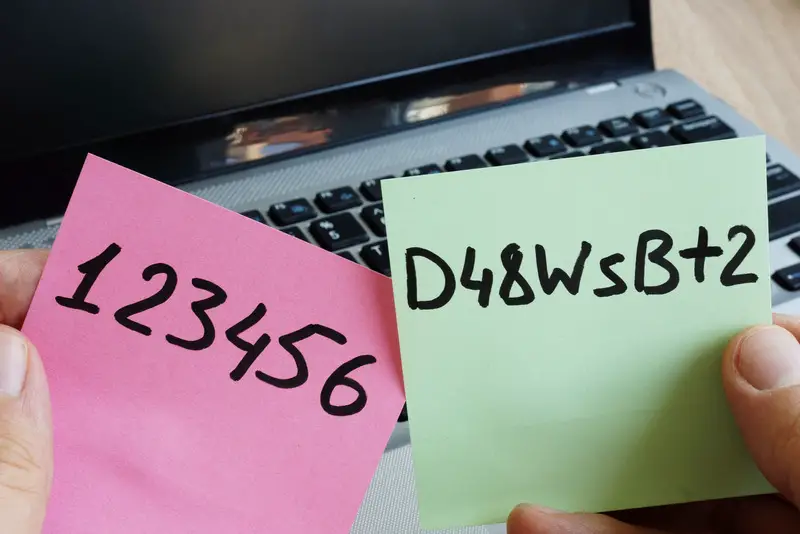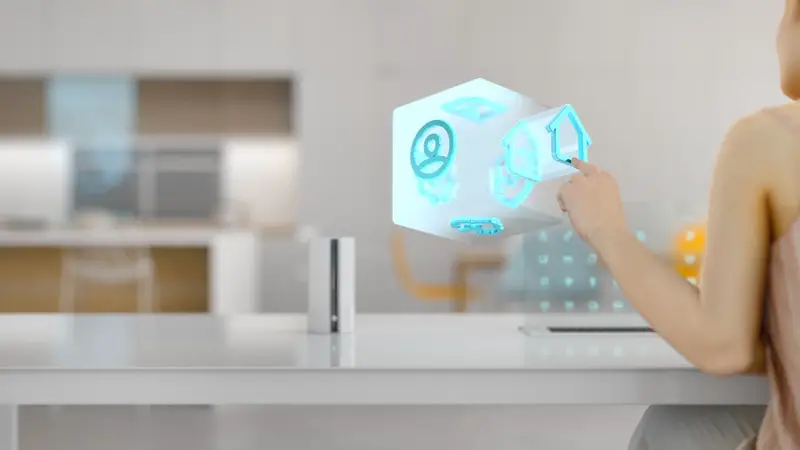Smart devices spying – is it a reality?
Picture this: you're kicking back on your comfy couch, enjoying your favorite Netflix show on your smart TV, while your voice-activated digital assistant adjusts the thermostat to a cozy temperature. Life couldn't get any more convenient, right?
But lurking in the shadows of these futuristic conveniences, a question gnaws at the back of your mind: can these devices made for my convenience harm me? Do they have an ulterior motive? Will they rise like the Terminator and take over the world? And most importantly, are my smart home devices spying on me?
In this tech-savvy age of the Internet of Things (IoT), where your fridge can order groceries and your light bulbs can set the mood, concerns about privacy and security are entirely valid. Let's embark on a journey to demystify the world of smart home devices, uncover potential privacy pitfalls, and learn how to keep your personal space safe from prying virtual eyes.
The Rise of the Smart Home Revolution
Before we delve into the depths of espionage, let's first understand how we arrived at the smart home revolution. It all began with a dream: a future where your home could anticipate your needs, respond to your commands, and simplify your life.

With the advent of smartphones and affordable high-speed internet, the concept of interconnected devices gained traction. In the early 2010s, companies like Amazon, Google, and Apple introduced smart speakers, which were the pioneers of the IoT era.
Fast forward to today, and nearly everything in your home, from your refrigerator to your doorbell, can be connected to the internet.
How Smart Home Devices Work?
To answer the question of whether your smart home devices are spying on you, it's crucial to understand how they function.
These gadgets are designed to communicate with each other and with you. They collect data to provide you with personalized experiences. For example, your thermostat learns your temperature preferences and adjusts accordingly, while your virtual assistant processes voice commands to perform various tasks.
This data collection is not inherently sinister, but it's essential to remember that the more these devices know about you, the more potential there is for misuse, that is it could be my devices spying on me!
Data Collection and Privacy Concerns
When it comes to smart home devices, the heart of the privacy debate revolves around data collection. These devices collect information such as your voice commands, browsing habits, and usage patterns. The intent is to enhance the user experience, but the real concern arises when this data falls into the wrong hands.
Tech companies, the brains behind smart home gadgets, have been under scrutiny for their data practices. Privacy breaches and scandals have left many users wary of their devices potentially acting as spies in their homes.
Are Smart Home Devices Actually Spying on You?
The truth is smart home devices aren't inherently designed to spy on you. The key distinction lies in the purpose of data collection. While companies may track your activity to improve their services or for marketing, actual spying implies malicious intent.
Nonetheless, there have been cases of unauthorized access and data breaches that have raised eyebrows.
In 2019, reports surfaced of Amazon's Alexa voice recordings being stored and analyzed by human workers. While Amazon claimed this was to improve the system, the incident highlighted the need for better user consent and control over data.
Protecting Your Privacy
Now, the million-dollar question: how can you protect your privacy in the era of smart homes? Here are 9 actionable steps to keep prying eyes at bay:
1. Review Privacy Settings
Regularly check and customize the privacy settings on your smart home devices. Manufacturers often provide options that allow you to control what data is collected and how it's used. Opt for the most restrictive settings if you are concerned about your privacy.
Be aware that adjusting these settings may impact the functionality or convenience of your devices, so you'll need to find a balance that suits your needs and comfort level.
2. Use Strong Passwords

Always use strong, unique passwords for each of your smart devices and your Wi-Fi network. Weak passwords can be a significant vulnerability. Avoid easily guessable combinations, such as "123456" or "password."
Instead, use a combination of upper- and lower-case letters, numbers, and special characters. Consider using a password manager to keep track of your credentials securely.
3. Disable Unnecessary Features
Many smart devices come with a variety of features and settings. If you're not using a particular feature, it's a good idea to disable it.
The more features a device has enabled, the larger the potential attack surface for hackers. For instance, if your smart TV has a camera and microphone that you don't use, disable them.
4. Secure Your Network
Set up a separate network for your smart devices, isolated from your primary home network. This can be achieved using features like a Guest Network on your router.
By doing this, you reduce the risk that a breach of a single smart device could compromise your entire home network. This segregation also limits the extent of potential damage in case of an intrusion.
5. Firmware and Software Updates

Manufacturers frequently release updates to improve the security of their devices. Be vigilant about keeping your smart home devices' firmware and software up to date.
These updates often include patches for vulnerabilities that have been discovered since the device was released.
6. Read Privacy Policies
It's not the most exciting task, but it's essential to read and understand the privacy policies of the devices and platforms you use. This is where companies outline how they collect and use your data.
Being aware of their data handling practices can help you make informed decisions about what you're comfortable with.
7. Network Security and Firewalls
Invest in a robust network security system, such as a firewall or intrusion detection system, to add an additional layer of protection. These can help detect and block suspicious activity on your network.
8. Regular Audits
Periodically audit your connected devices. Make sure you're still using all of them and that they remain up to date with the latest security patches. If a device is no longer in use, consider disconnecting it from your network.
9. Two Factor Authentication (2FA)
Whenever possible, enable 2FA on your smart home device accounts. This adds an extra layer of security by requiring you to provide a secondary authentication method, such as a one-time code sent to your mobile device, in addition to your password.
Conclusion
In the grand scheme of things, smart home devices themselves aren't spies; it's the potential for misuse that gives rise to concerns. The smart home revolution has brought unparalleled convenience, but it's vital to be aware of the trade-offs.

